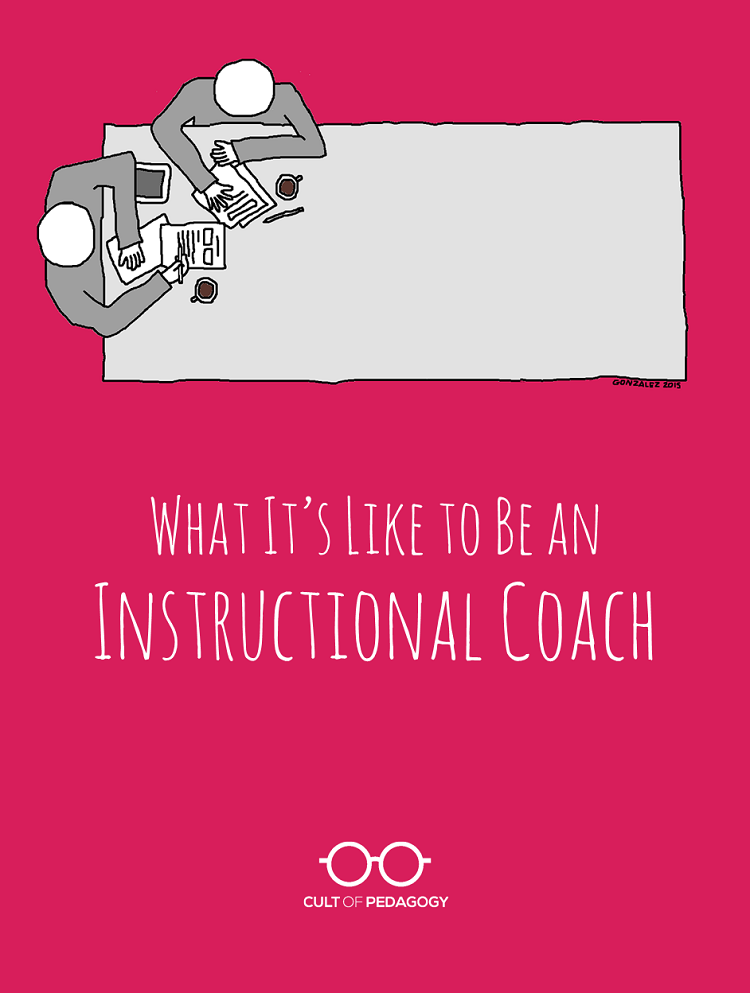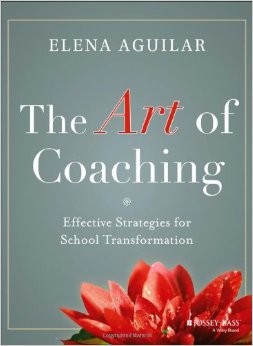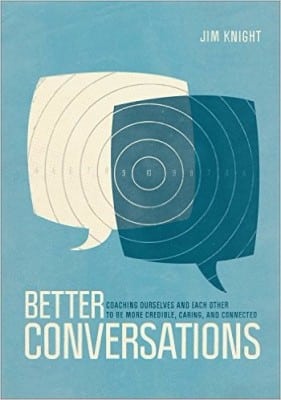What It’s Like to Be an Instructional Coach

It was only a few years ago that I first heard the term instructional coach. When I was in the K-12 setting, we had no such thing, at least as far as I knew. But it seems lately I hear more and more people describing themselves that way, so clearly this is a role that’s growing in many schools. I thought it was time for me to take a closer look at the work instructional coaches do.
What is an Instructional Coach?
The Pennsylvania Institute for Instructional Coaching defines an instructional coach as “someone whose chief professional responsibility is to bring evidence-based practices into classrooms by working with teachers and other school leaders.” Coaches are usually experienced teachers who have moved away from full-time teaching to work directly with other teachers and help them improve their practice.
Within that broad definition, roles vary from district to district and coach to coach: Some coaches refer to themselves by specific content areas—titles I hear most often are literacy coach or math coach—and other coaches focus on general instruction. Some coaches work exclusively one-on-one with teachers who have identified needs, while others may demonstrate strategies for large groups before going into the classrooms to coach individual teachers.
The path to hiring a coach can also take many forms. Coaches may be directly employed by a school or district, like Eric Sandberg, who is one of three coaches employed full-time by a single school. Other coaches, like Gretchen Schultek, work for nonprofit organizations that contract out their coaches to schools as needed. And there are other coaches who work entirely on their own, marketing their services online and building relationships with schools in their local area or even at great distances, serving clients by traveling directly to them or through online coaching.
Interviews with Two Instructional Coaches
To learn more about what coaching is like from the inside, I interviewed two instructional coaches for my podcast.
Interview #1: Gretchen Schultek Bridgers

Gretchen Schultek worked as an elementary teacher for eight years before venturing into coaching. As a coach for The New Teacher Project, she works in a variety of schools whose administrators have requested coaching services for new teachers. She also offers advice and encouragement to teachers through her blog, Always a Lesson, and her podcast of the same name.
What advice does Gretchen have for other coaches? “It’s all about how you relate to one another,” Gretchen explained. “You could be sharing the best piece of advice. It could be gold, but if you don’t have a relationship they’re not going to hear it from you and they’re not going to apply it. So it’s just wasted time and energy. So focus on those relationships. Also, listen more than you speak. You’re going to find out a lot about someone just by listening to them. So instead of coming into a meeting ready to get right to it and share everything you planned to share, give them a minute to just share whatever it is that’s on their mind because that could really be integral to their improvement.”
Listen to our interview:
Interview #2: Eric Sandberg

Eric Sandberg is an instructional coach employed by a district in Erie, Pennsylvania. His blog, Your Instructional Coach, offers tips for coaches and tackles some interesting dynamics related to coaching.
When discussing how he approaches coaching, Eric used a toolbox metaphor. “The tools in your toolbox as a coach help teachers come to that next step, but not just always in an enforcement mode of, you know, I’m the hammer. I’m going to smash if you don’t fix. So it’s to be more sophisticated with your methods as a coach. Because just like in the classroom, telling is not teaching. If I just tell you, ‘Oh you should really do this…’ that’s not teaching you in the classroom if you were the student. And it’s really not very good coaching either.”
Listen to our interview:
What I have learned from my brief study of instructional coaching is that there’s plenty more to learn. As a relatively new field, coaching has lots of room to grow, offering educators a more refined menu of coaching services from which to choose, and giving experienced teachers the opportunity to apply their skills and expertise in new roles. ♦
Learn More about Coaching
When I looked for more information on coaching, two names came up repeatedly: Elena Aguilar and Jim Knight. If you’re interested in learning more about coaching, their resources would be a great place to start.

Elena Aguilar’s blog on Education Week, The Art of Coaching Teachers, contains several years’ worth of in-depth advice and information on instructional coaching. She also has a fantastic collection of coaching resources on her own website, and her book, The Art of Coaching: Effective Strategies for School Transformation, is a best seller on Amazon.

Jim Knight is the director of the Kansas Coaching Project, whose mission is “to study factors related to professional learning and how to improve academic outcomes for students through supports provided by instructional coaches.” The site offers resources and forms for coaches, videos, and research on coaching best practices. Check out his latest book, Better Conversations: Coaching Ourselves and Each Other to Be More Credible, Caring, and Connected.
I would love to have you come back for more. Join my mailing list and get weekly tips, tools, and inspiration—in quick, bite-sized packages—all geared toward making your teaching more effective and joyful. To welcome you, I’ll be sending a free copy of my new e-booklet, 20 Ways to Cut Your Grading Time in Half. I look forward to having you join me.